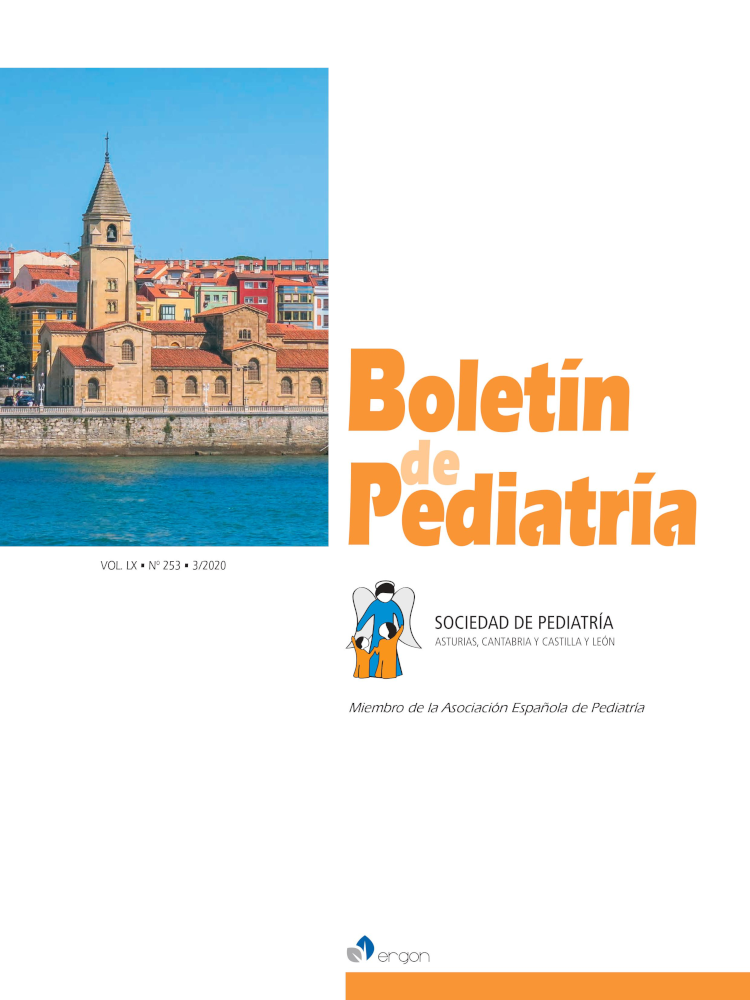Abstract
Human herpesvirus 6 is an ubiquitous virus most people is immune to since the age of three. HHV6 infections in neonates are rare because pregnant women transmit protective antibodies to the fetus. There are different kinds of manifestations of infection, from roseola to hepatitis, meningitis or encephalitis. We are reporting a documented case of neonatal human herpesvirus 6 encephalitis in a healthy twelveday-old newborn. Her symptoms were feeding aversion, weakening and fever; meanwhile her mother presented a febrile gingivostomatitis that started after delivery. A lumbar puncture and a polymerase chain reaction FilmArray® of cerebrospinal fluid were performed, and human herpesvirus 6 turned out to be positive. The patient was monitored with continuous electroencephalogram integrated by amplitude, with a normal pattern throughout the recording. After admission, the patient developed a fluctuating decrease in the level of consciousness, with weak suction and hyporesponsiveness. As encephalitis was suspected, intravenous Ganciclovir was administered according to the recommended doses in infants, and the treatment was continued with oral Valganciclovir until completing 21 days. The patient remained afebrile since 48 hours after admission and the neurological clinic disappeared on the fifth day. The patient was discharged twelve days after admission. The cranial magnetic resonance imaging turned out normal and the evolution after discharge was positive. Human herpesvirus 6, although infrequent, should be considered in the differential diagnosis of neonatal encephalitis.

This work is licensed under a Creative Commons Attribution-NonCommercial 4.0 International License.
Copyright (c) 2020 Boletín de Pediatría
